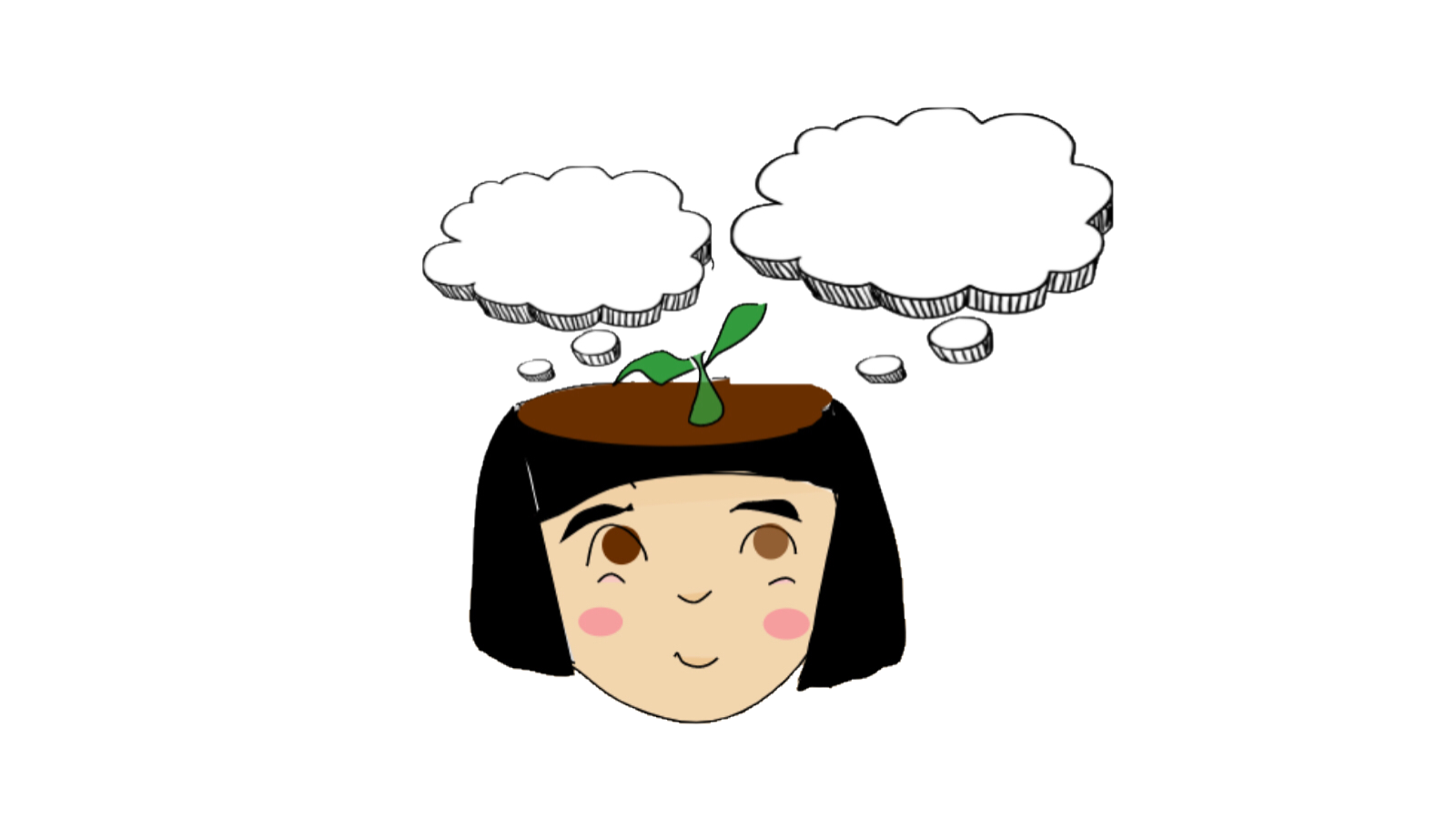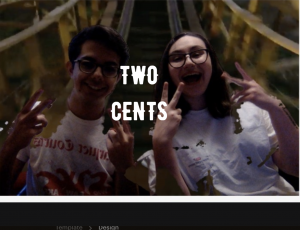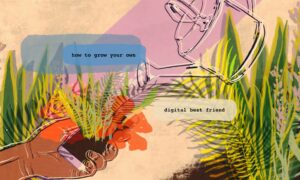My first attempts at meditation in isolation often felt redundant. One of my early journal entries read, I’m in a forced state of quiet, rumination, and solitude daily, so why be deliberate in a practice of mindfulness? Isn’t silence one of the only activities we are allowed right now anyways? Over the past several weeks, however, I have come to realize how a gentle embrace of mindfulness is a powerful tool for handling the challenges of social isolation.
I’ve rarely studied meditation in a formal sense, but the basis of mindfulness critical to its practice have always been an important part of my personal philosophy. For someone who has often struggled to feel in control in uncontrollable environments, mindfulness is an essential tool. I check-in with myself daily—a routine consideration of my intentions and basic feelings. I check in not with the express purpose of maximizing productivity or being successful, but to see who and what I am each morning. It has always helped me deal with the occasional spike of existential fear.
However, existential fear is no longer just occasional. Mindfulness means something different than what it did three months ago. In the past, mindfulness was a deliberate pause from a fast-moving world and a means of inspiring considered decision-making and action. Much that is good in the moving parts of my life—self-awareness, calm, and courage—came from the practice of pausing. Now, it feels as though the world is constantly in pause, and it is uncomfortable. So uncomfortable.
But pausing was never comfortable to begin with; it is nearly impossible to pause without feeling as if I am waiting for something to happen. If you’re as conditioned by American capitalism as I am, inactivity is terrifying. Accordingly, the new irrelevance of time to accomplishment and success feels confusing and strange. Add uncertainty about the future, followed by grief for all the world’s missed milestones and celebrations, terror at the scale of death, and sadness for one’s own situation, and compulsive behavior is bound to follow.
For me, compulsion looks most like stress-eating chocolate and Flaming Hot Cheetos, even when I’m not hungry, and then exercising my muscles, even when they are too tired to function properly. For others, checking social media or the news is compulsive. More seriously, many struggle with eating disorders and substance abuse to a greater degree in social isolation. Our struggles to control elements of ourselves and our environments in a broadly tumultuous time are natural reactions to stress, but they often manifest in ways that damage us, especially when we cannot admit to ourselves that sometimes we simply do not have control.
So, I could talk about the importance of moderation or discipline, and while those things are important for health and growth in this time especially, they are based around control. I believe that mindfulness is not just about controlling oneself, but about discernment. Mindfulness is an assessment of what is worth controlling, what is controllable at all, and what needs to be released from consideration.
One of my favorite descriptions of mindfulness comes from the Serenity Prayer, an essential part of the Alcoholics Anonymous philosophy. The prayer goes:
God, grant me the serenity to accept the things I cannot change, the courage to change the things I can, and the wisdom to know the difference.
To me, “wisdom” is mindfulness, and something as simple as knowing the difference between what is beyond your control and what is within your control is liberating. This prayer’s simple universality has been especially helpful for defining the boundaries of my own agency, calling me back to my individuality while reminding me to respect the agency and individuality of others. It has also helped me daily to sift through stressors and negative thoughts. I can pack that which I cannot handle today into a box for tomorrow. I can push that which I can never control out of my valuable mental real estate, and I can turn worries within my control into manageable tasks. In a pandemic where many of us are now living lives constrained to smaller spaces and routines, discernment has helped me find more peace and room to breathe in what sometimes feels like an uncomfortably claustrophobic existence.
Many religious traditions and spiritual practices have their own guidelines on how to attain this wisdom. The Jesuits view this form of mindfulness as essential to their spirituality, offering variations of the Daily “Examen” prayer, which can be as simple as a set of questions for self-reflection and gratitude. Jim Manney’s summary of the Examen goes as follows:
- Ask God for light
- Give thanks
- Review the day
- Face your shortcomings
- Look toward the day to come
While this practice is focused on Ignatian spirituality, similar practices exist in most major religions and can be adapted to non-theistic reflections as well. The Examen could also just look like a daily journal entry. The central goal of writing or even Zooming with a friend to discuss the smallest events and frustrations of the day is discernment—to understand what is worth holding onto and what is not.
Another component of mindfulness is physical. Our relationships with our bodies in quarantine vary widely but are often fraught with feelings of negativity. Established routines with nutrition and movement have been disrupted, and many of us have experienced physical change. We often put pressure on ourselves to tame our bodies into compliance with physical goals and expectations. While well-intentioned, this tendency can lead to its own burn-out and compulsion. Physical mindfulness is not solely about exercise or diet, but also about self-respect and stillness. For me, weightlifting is a way to experience intentional being in the body, but so is walking, cooking and tasting good food, and taking a bath. The search for and appreciation of favorite parts of the body is a joyful way to stay in touch; I make lists of what I love about my physicality and body sometimes. Discerning what about ourselves is healthy and beautiful from what is worth the anxiety we often direct at our bodies brings us active physical presence. On reflection, many will find the chief gift of mindfulness to be self-love.
Physical and spiritual mindfulness as daily practices are often derived today from Hindu and Buddhist traditions and are prevalent in secular western tradition in Yoga. While westernized yoga practice and its sometimes associated new age spiritualism can be off-putting to many, I have found the most important element of yoga to be mindful breathing. Used also to reduce anxiety and even induce feelings of euphoria, breathing is an amazing tool for personal mindfulness. Sitting up straight, with my legs crossed or folded outwards, I like to practice several rounds of 4 – 7 – 8 breathing. Generally paying attention to breathing as you go about your day is an essential part of physical mindfulness.
A final component of my mindfulness practice is self-expression. This is the most joyful part of the practice. In this time of social isolation, I feel less constrained by the opinions of others in how I choose to represent my existence, allowing time to reflect on the visual component of who I am. Mindful self-expression could be through visual art, social media, explosive dancing in the mirror, or, like it was for me, dressing in only vibrant yellow for a week to make sure I smiled and laughed at myself every day. The practice can be variable and uncontrolled and still be mindful and intentional. Self-expression is personal, and it does not need to be performative.
Every day while the world waits for news to clarify what our next week or semester of school or chapter of career will look like, we each continue to exist. For those of us with the privilege to work from home and live within the pause, it’s easy to feel as though being deliberate about our actions is inessential or irrelevant. Yet, this may be the most significant opportunity for many of us to uniquely exist. The self-love and self-care of mindful living enable us to be powerful advocates and movers in the world, even from our homes. The discernment of mindfulness clears the mind to be peaceful and productive, even when everything is brutally out of our control. Most of all, it may be worth it to just explore what the awareness of being means to us.
Image Credit: Neha Malik






[…] Read more at georgetownvoice.com […]
Beautifully said. Honest, vulnerable, true. Thank you, Rose Dallimore.
[…] the uncertainty of COVID-19 has caused me. In another article written for The Voice, Rose Dallimore talks about how her practice of mindfulness has helped her find a little peace during these scary times. […]
[…] uncertainty of COVID-19 has triggered me. In one other article written for The Voice, Rose Dallimore talks about how her follow of mindfulness has helped her discover a little bit peace throughout these […]
[…] uncertainty of COVID-19 has induced me. In one other article written for The Voice, Rose Dallimore talks about how her apply of mindfulness has helped her discover a little bit peace throughout these […]